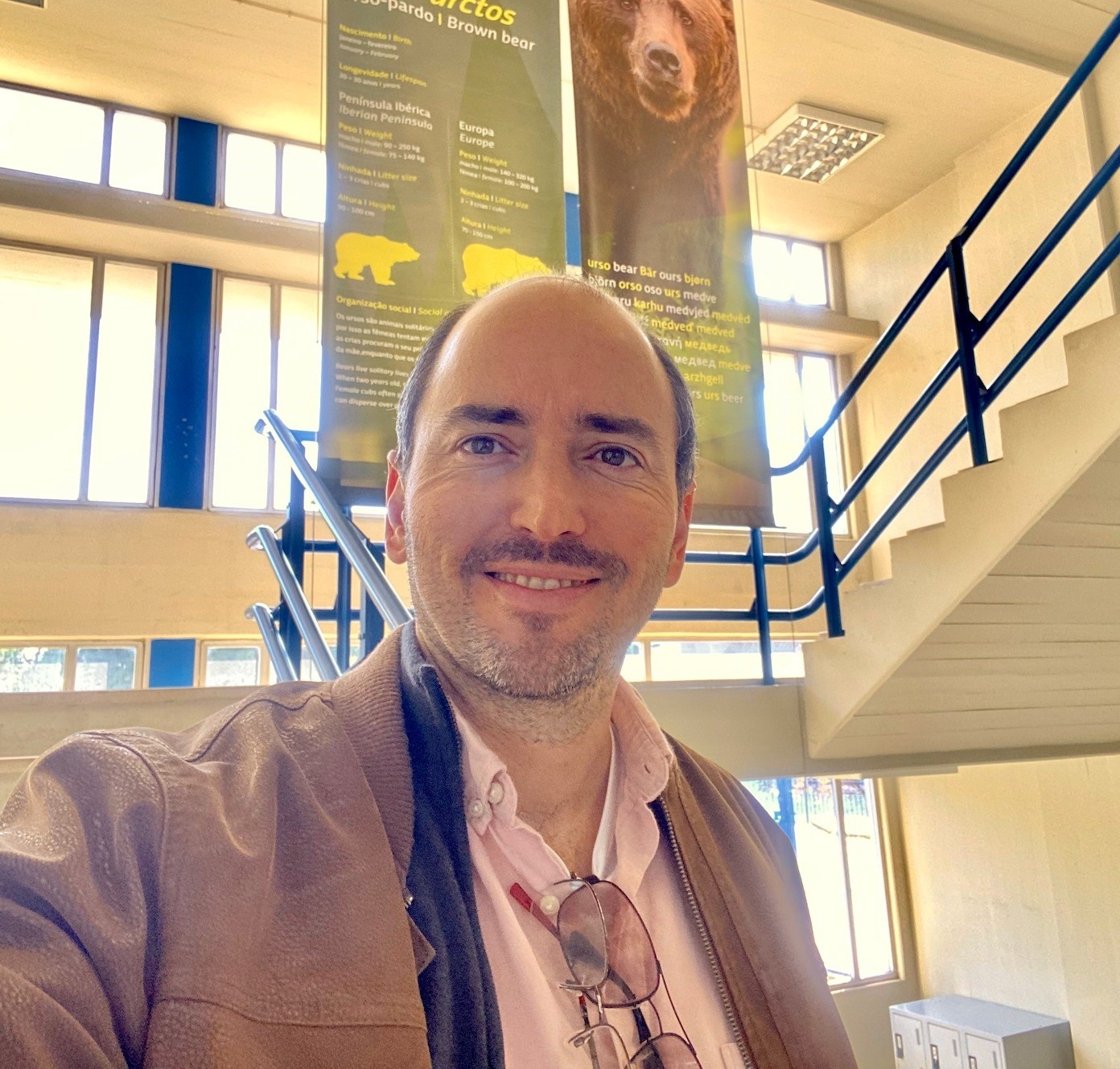
Email
amgontijo@ciencias.ulisboa.pt
H Index of Web of Science
13
H Index Google
15
Web References
Personal Site •
Scopus •
Google Scholar •
Orcid •
ResearcherID •
Development and Evolutionary Morphogenesis - DEM
Alisson M. Gontijo
Assistant Professor
neurobiology developmental genetics physiology cancer biology synthetic biology
I am Assistant Professor of the Department of Animal Biology at the Faculdade de Ciências of the University of Lisbon (FCUL), and Affiliated Researcher and Principal Investigator of the Integrative Biomedicine Laboratory (IBL) at the NOVA Medical School in Lisbon, Portugal. I am chair of the Neurobiology curricular unit at FCUL and participate as faculty in other undergraduate and graduate courses.
I received a Ph.D. in Pathology (2003) from the UNESP Medical School, Brazil, with Drs. D. Salvadori and Prof. JL de Camargo, specializing in genetic toxicology and cancer epidemiology, and trained as a postdoctoral fellow in developmental, cellular, and molecular genetics at the Institut Curie and Institut Pasteur in France, with Drs. G. Almouzni, A. Scherf, and B. Lakowski, and at the Instituto de Neurociências de Alicante in Spain, with Prof. Dr. M. Dominguez. I have received competitive long-term support throughout my career such as an FAPESP Direct PhD Fellowship in Brazil, a Conseil Regional d’Ile-de-France Postdoctoral Fellowship in France, a Marie Sklodowska Curie Intra-European Fellowship in Spain, and an FCT Investigator Grant and a Marie Sklodowska Curie Career Integration Grant in Portugal.
The IBL subgroup has a curiosity-driven, fundamental research program on animal neurophysiology and behavior using Drosophila as a model system and a goal-oriented, translational program focusing on disease modelling and cell targeting techniques for human cells.
In our curiosity-driven program, we rely heavily on behavior monitoring and genetic approaches, such as neurogenetics, RNAi screens, targeted genome editing, and intersectional genetics to study neuropeptidergic signaling pathways, such as the relaxin signaling pathway, involved in interorgan communication events – typically between the central nervous system and peripheral organs.
In our translational program, we model human neurodegenerative disease and develop new tools for human cell type-specific treatments. Briefly, we use synthetic and computational biology to engineer new genetic tools for human cell type (or state, such as cancer cell dormancy) diagnosis and treatment. We are building genetic systems based on intersectional genetics concepts (developed and tested in Drosophila) and plan to test these systems directly on human organoids derived from our custom-engineered human induced pluripotent stem cell reporter lines.
Two other projects are also underway studying:
1. the causative-role of repetitive-element activity (focusing on LINE1 retrotransposable elements) in age-dependent neurodegeneration using heterologous in vitro and in vivo models
2. molecular mechanisms of peripheral neuropathies, where we study a gene, ARGHEF10, which has been implicated in peripheral neuropathies and Charcot-Marie-Tooth disease by using both Drosophila and engineered human induced pluripotent stem cell models.
Over the last 10 years, the IBL has attracted funding from national and international agencies and programs (FCT (PT Research Council), the EU (Marie Sklodowska Curie Career Integration Grant), the National Cancer Institute (NCI-NIH), FAPESP-Brazil, MIT Portugal Program, and the PT League Against Cancer).

